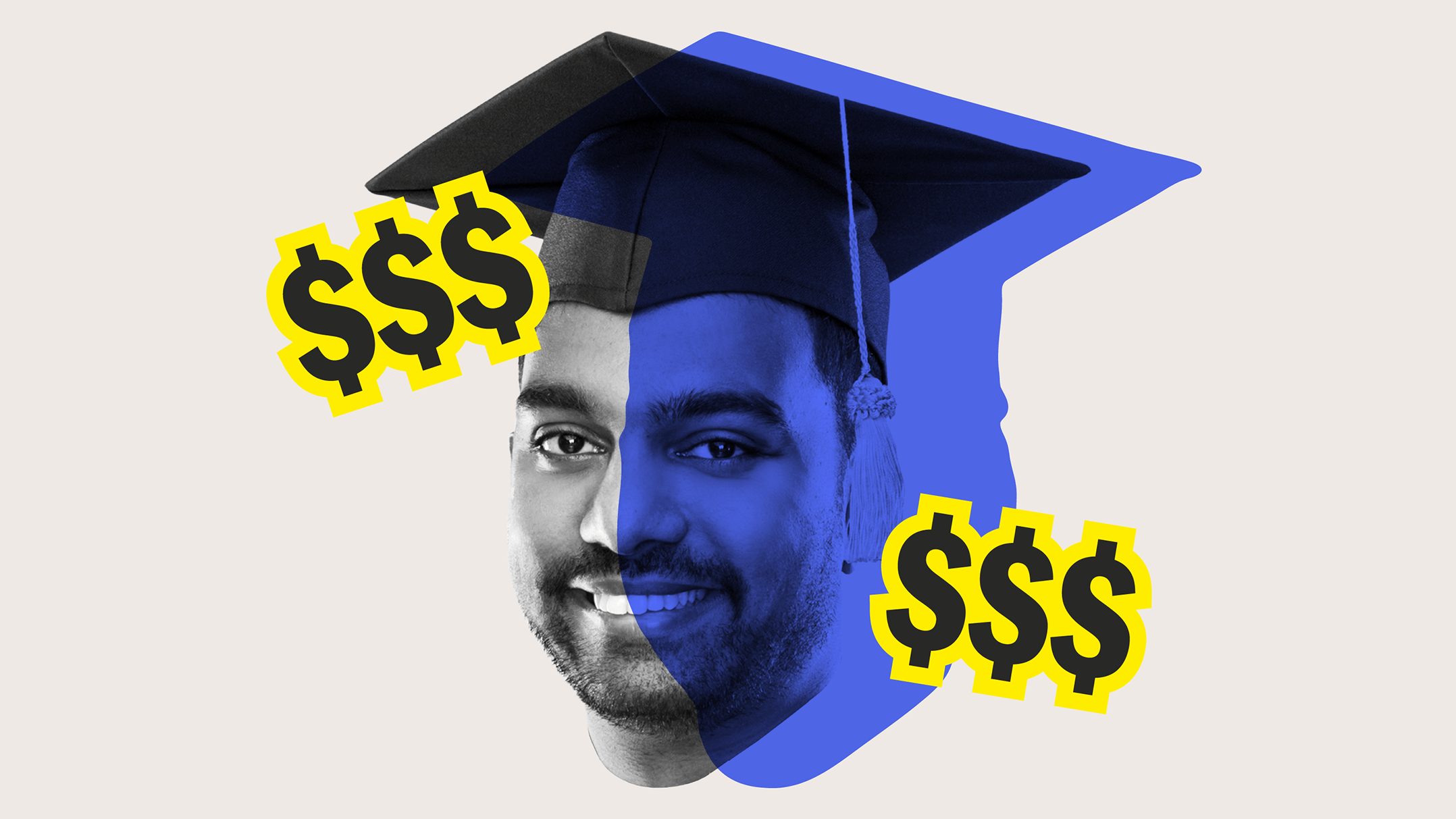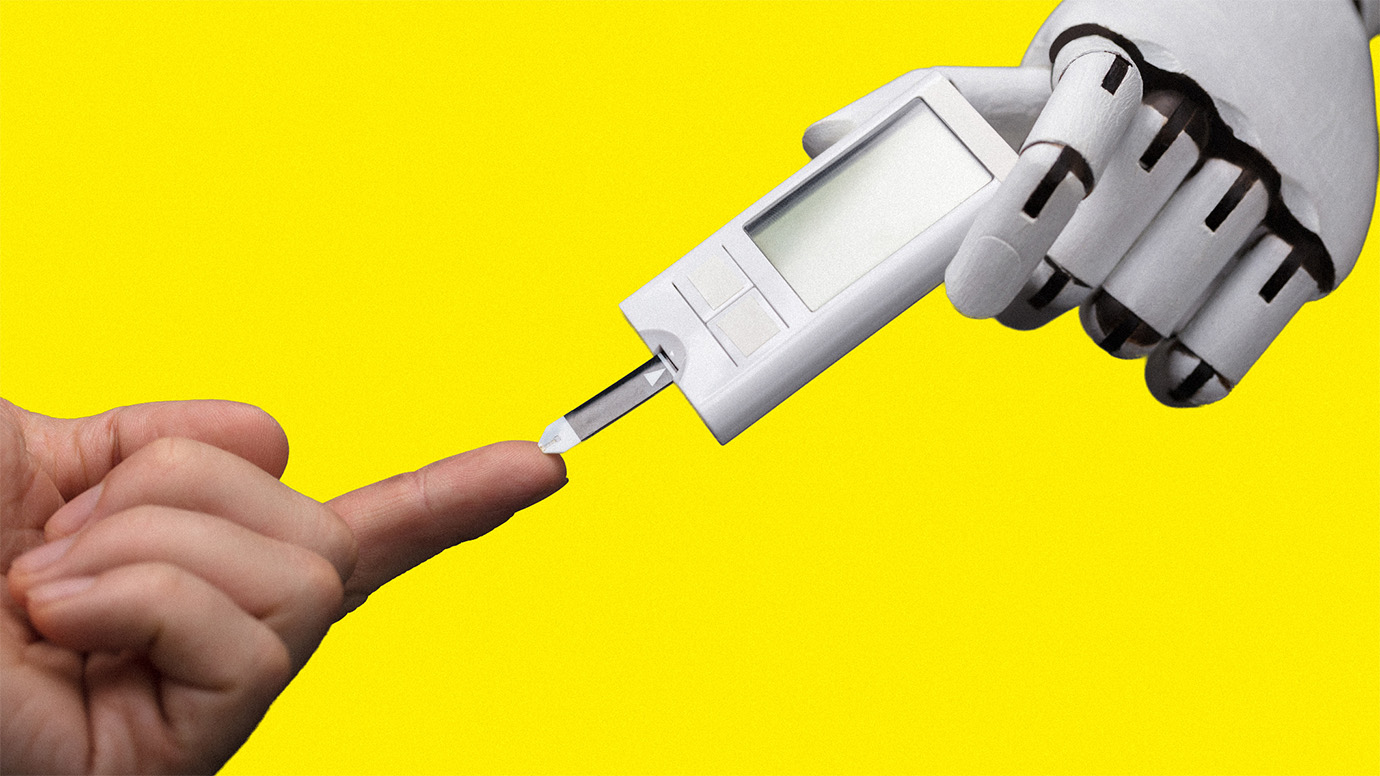How Diabetes Took Being a Pilot From Me
Written by: Danielle Dobczyk
5 minute read
May 25, 2018
Currently, Type 1 diabetes is a disqualifying factor for first- and second-class medical certificates; if you have Type 1 diabetes, you cannot be a professional pilot.
I have a love/hate feeling when people tell those with type 1 diabetes that they can do anything anyone with a working pancreas can do. For obvious reasons, I’m so glad newly diagnosed T1s get to hear this because it brings so much comfort and relief during such an overwhelming time. And it’s true … for the most part. Yes, T1s can travel the world, climb mountains, play professional football, drive race cars and even bike across the country. But what isn’t true is that T1s can become professional pilots or join the military. I guess these get overlooked because they are only two things out of a world of possibilities, but it hits home because these were the two things that I had been striving for most of my life.
I was diagnosed with type 1 diabetes September 19, 2016. I was 21 years old and it was 10 days before my 22nd birthday. In most ways, I am very thankful to have been diagnosed later in life because I got to enjoy almost 22 years of a fully-functioning pancreas. I can’t even imagine what it would be like to be diagnosed as a toddler or in adolescence. But on the other hand, it may have helped to have known before committing to certain life goals. My diagnosis came during the second month of my last year in college. I was a senior studying Aviation Flight and I was half-way through my commercial pilot training when I found out that something was wrong with my health. I had spent the last three years working diligently towards becoming a professional pilot; I had earned my private pilot certificate, instrument rating and built up to 250 flight hours. Senior year, I was signed up for commercial and multi-engine training. After earning those certificates, I would have been set to start an entry level job as a pilot. Everything I had worked for was suddenly ripped away from me when I ended up in the emergency room one Monday afternoon.
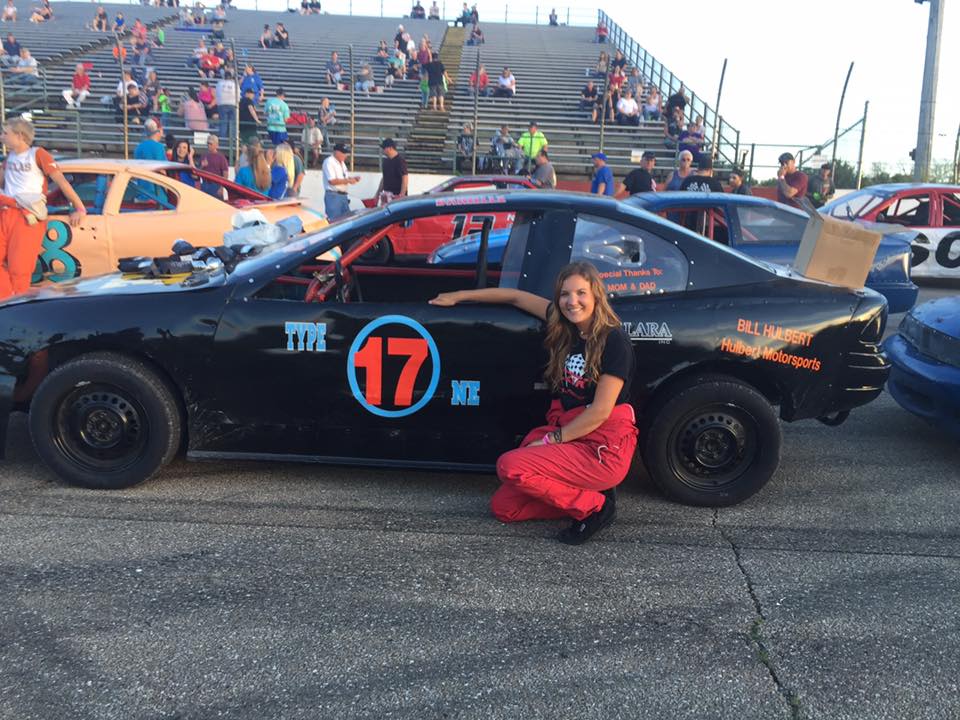
All of the needles, lows, sleepless nights and carb counting don’t bother me that much, but the fact that my dreams and ambitions were taken away, crushes me every day. I want to prove that those living with type 1 diabetes can actually do anything though. I want to become the first professional pilot with type 1 diabetes. I want to change the mind of those who view this disease as a disqualifying factor for this career choice. I want to defy the odds once again and make a difference for others like me. And I genuinely trust that I have what it takes to accomplish all of this. But I can’t do it alone.

Author
Danielle Dobczyk
Danielle Dobczyk is 23 years old and from Minooka, Illinois. She was diagnosed with type 1 diabetes on September 19, 2016. She currently works as a flight logistics coordinator for a private jet charter company in Chicago, IL. As a hobby she raced stock cars at Grundy County Speedway in Morris, IL. She's currently using insulin pens and a glucometer for diabetes management, but is trying out the Omnipod and Dexcom.
Related Resources

A diabetes diagnosis doesn’t mean your sex life is off-limits. It's still yours to enjoy—just...
Read more
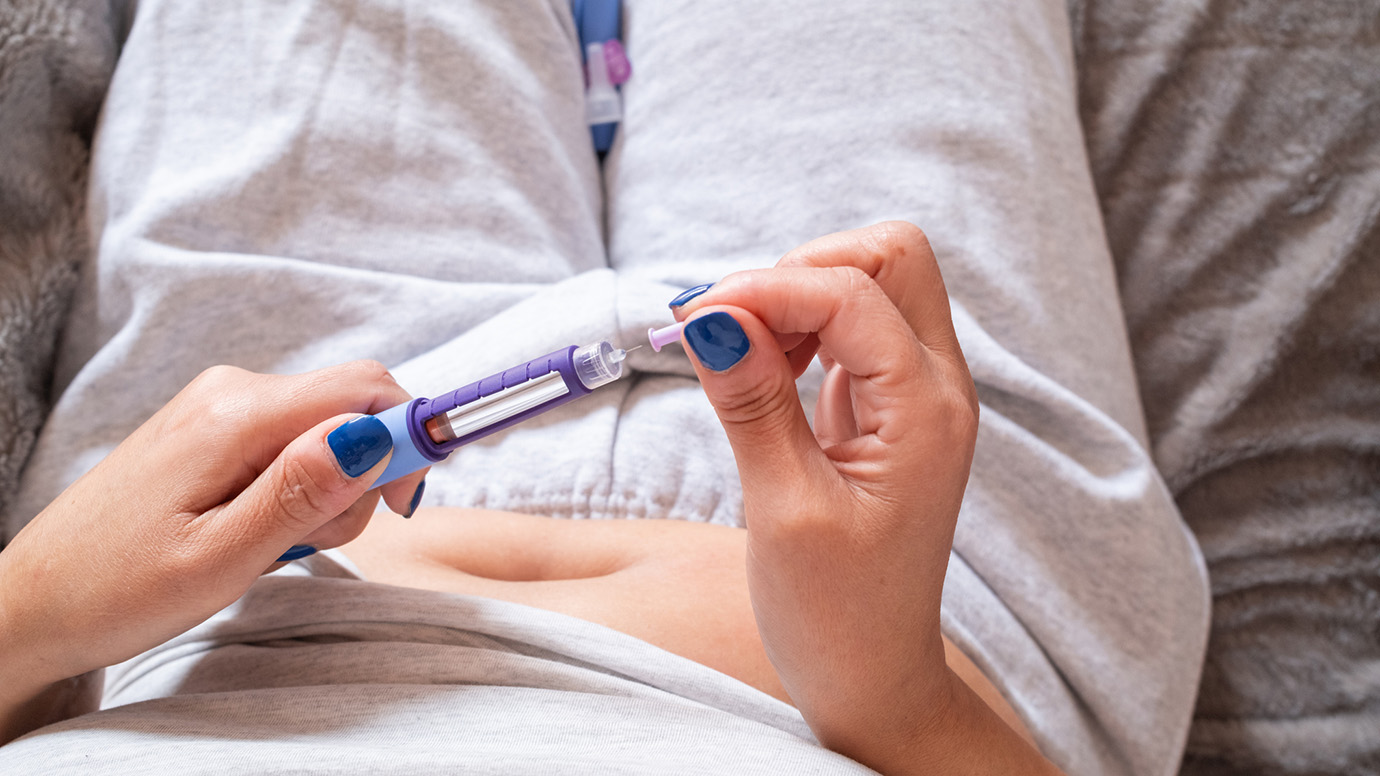
Insulin is the main hormone your body uses to control how much sugar is in...
Read more
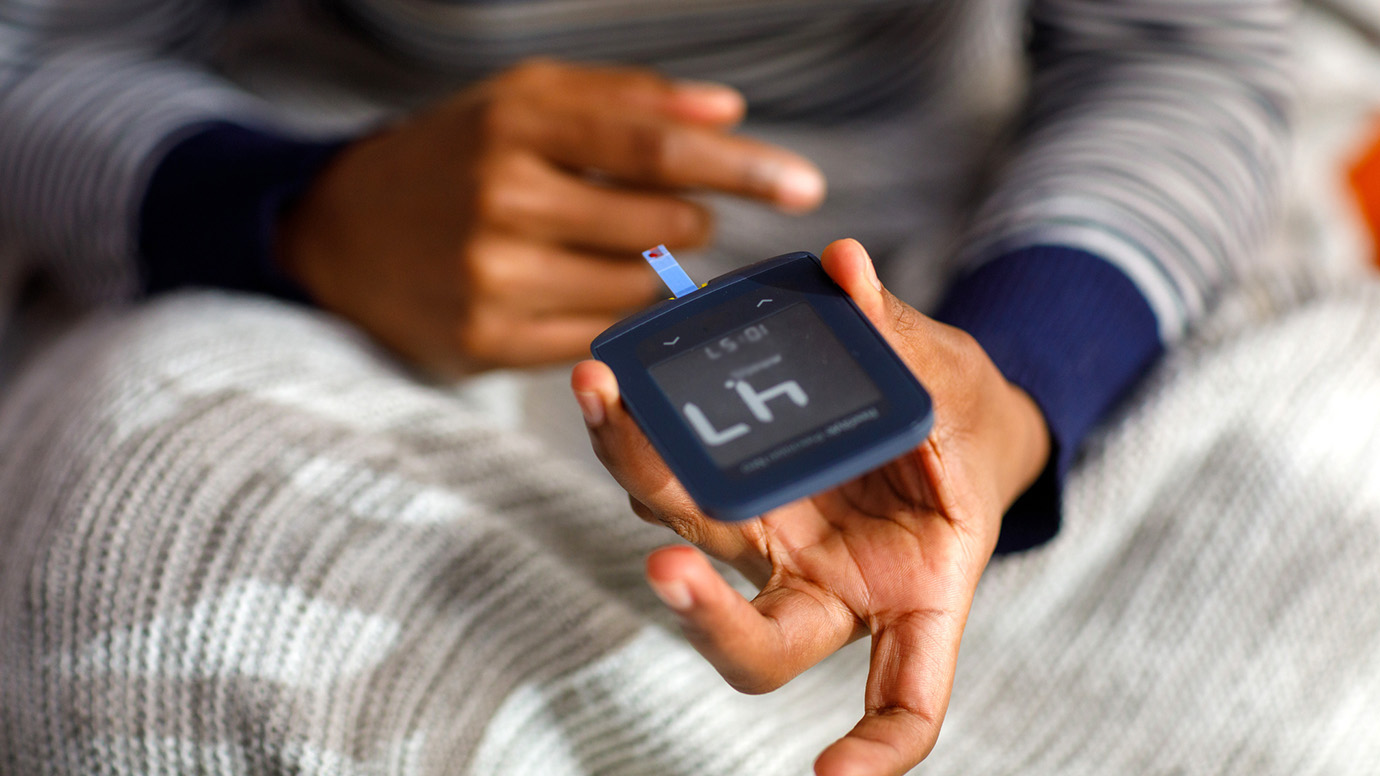
If you have diabetes, you know insulin affects low blood sugar (hypoglycemia), but it’s not...
Read more
